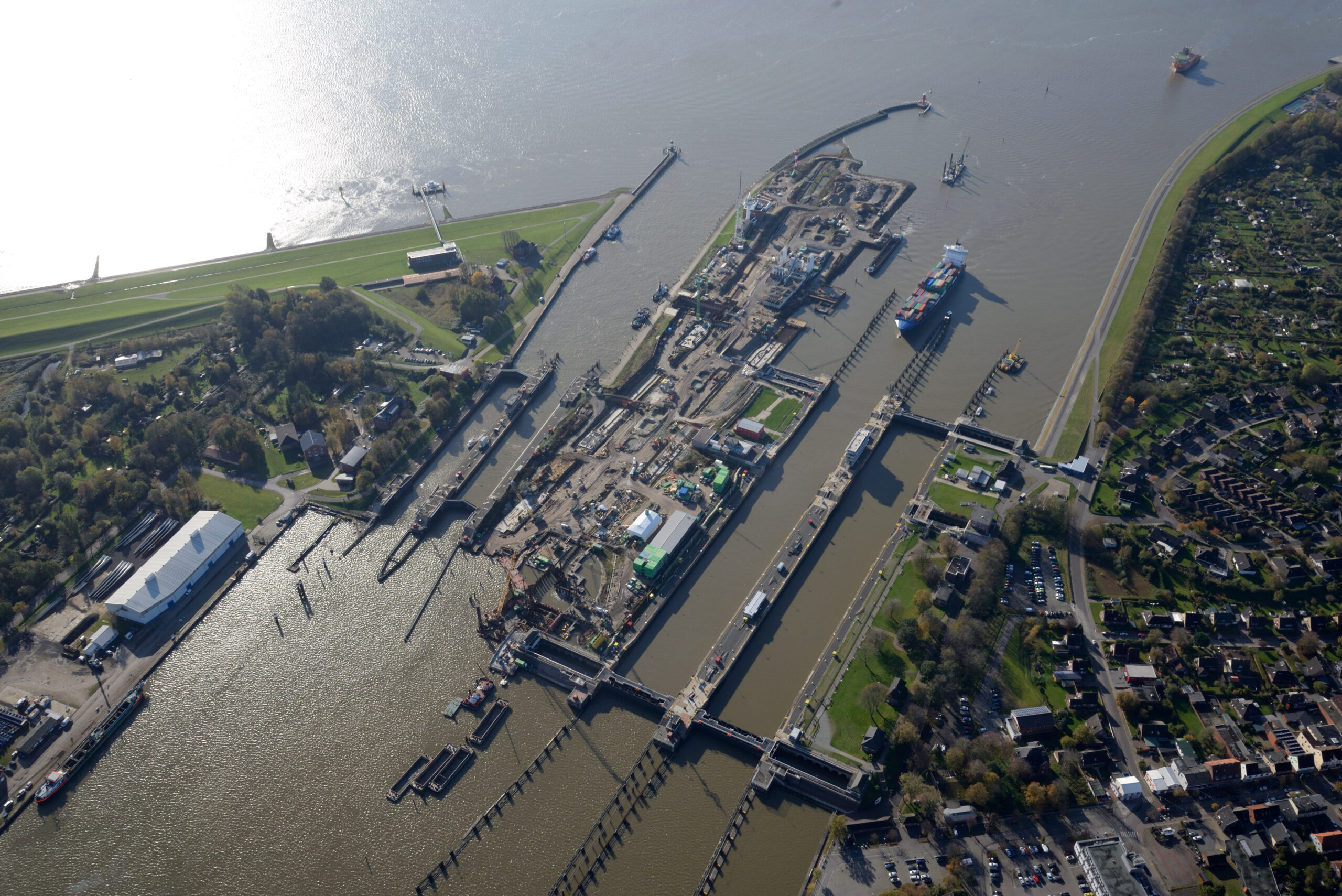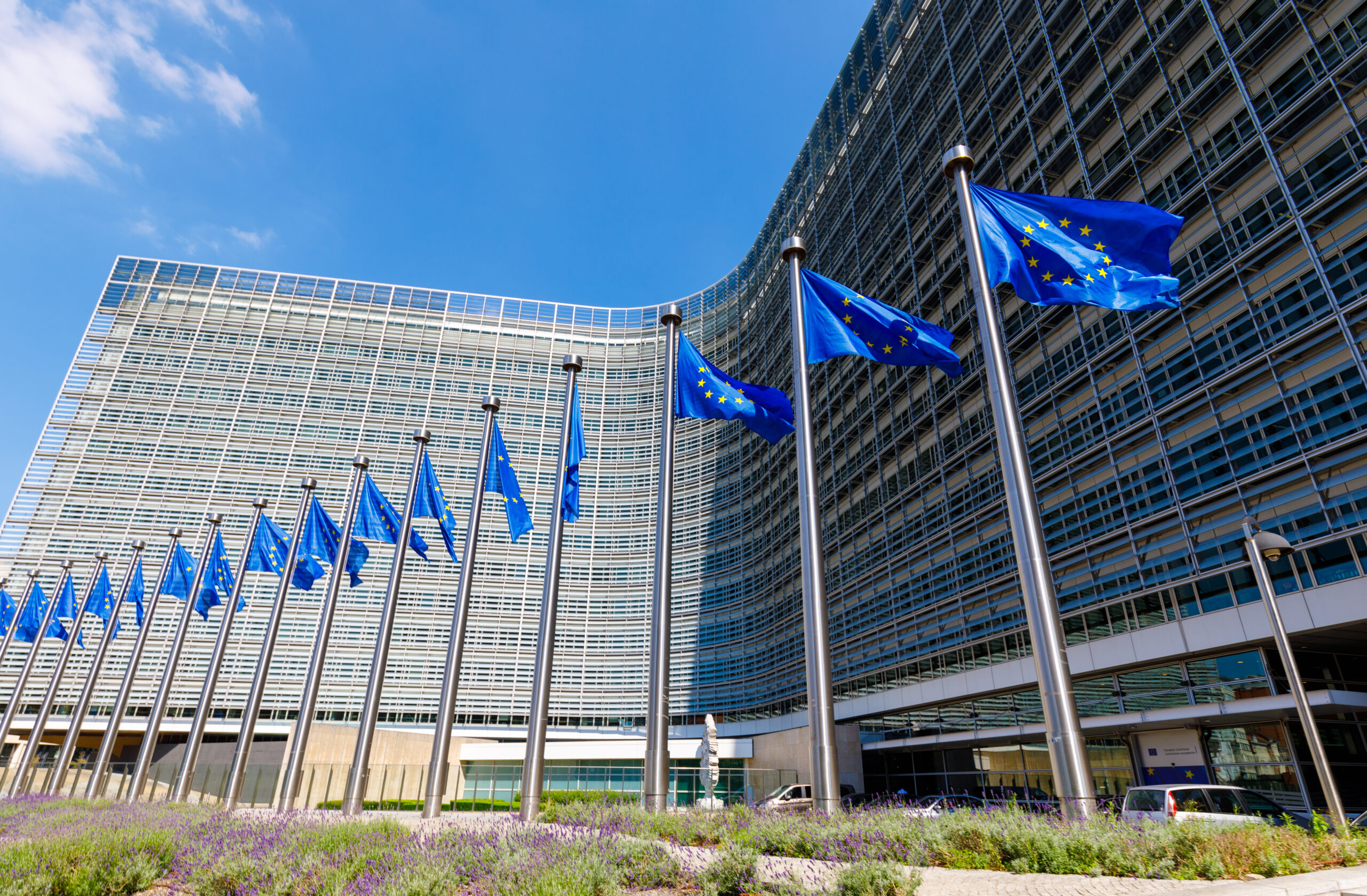Amid German LNG growth, call for heating, industry gas phase-out
The call comes amid the rapid expansion of German LNG import capacity in the wake of the Ukraine war.

As reliance on German LNG increases, a panel of experts has issued a strategy for the country’s independence from natural gas which hinges on investing in the decarbonisation of the residential heating and industrial sectors.
The document, drafted by the Energy Independence Council, which gathers energy and finance experts from the ZOE Institute and the Climate Finance Fund, suggests a shift to heat pumps for heating as well as increased electrification and hydrogen use in industrial processes could bring up to a 78% reduction in natural gas consumption.
The shift would require investments of 400 billion euros in the buildings sector and 44 billion euros in the industrial sector, respectively.
To boost private sector investments in this transition away from natural gas, there needs to be “a similar investment dynamic in the industry and building sectors” to the Renewable Energy Sources Act, which supported decarbonisation of the power sector through “the successful mobilisation of investments into green energy sources such as wind and solar,” Jonathan Barth, a spokesman for the Energy Independence Council, told Gas Outlook.
Currently, private investments in clean energy alternatives in the housing and industrial sectors are being hampered by difficult access to credit, aversion to long-term debt exposure and bureaucratic hurdles, with up to a third of residential building owners having difficulties in accessing capital and 40% not being able to afford the required investments, according to the report.
To address that, financial support tools should be implemented, including support from the government to “scale heating contracting to motivate homeowners who are not prepared to take on long-term loans and high investment costs,” to invest, he said.
“They can do so by supporting the establishment of special-purpose vehicles that deleverage energy service providers and ensuring access to public funding mechanisms.”
A shift in the utilities business model away from gas towards alternative energy sources is also key, with 25% of German municipal utilities’ income still tied to gas.
The report also recommends implementing an industrial-transition accelerator platform to reduce the risk perception of investments into electricity-powered heat generation.
“The platform aims to increase trust into new technologies by promoting business cooperation between businesses that are frontrunners and those who follow,” he said.
Furthermore, “we recommend increasing public funding programmes for the expansion of district heating networks to enable timely investments that are only profitable in the long-term.”
“The federal government or the (German state-owned bank) KfW should offer state-backed loans for vulnerable households to enable everyone to finance the switch from gas boilers to natural gas- free solutions,” he continued.
On a wider level, the European Central Bank “should put in place a temporary green targeted longer-term financing operations programme, which would lead to beneficial interest rates for green investments, including those accelerating the phase-out of gas.”
Stranded LNG assets
The recommendations come amid the rapid expansion of German LNG import capacity, in response to the need to diversify gas supplies away from Russia in the wake of the Ukraine war.
The country currently has three operational floating storage and regasification units (FSRUs), which have a total capacity of 15 billion cubic meters/year. These include the Wilhelmshaven, Brunsbuettel and Lubin LNG terminals.
In addition to that, a new German LNG import facility, Stade FSRU, as well as an expansion of the Wilhemshaven terminal are due to be commissioned in the first quarter of 2024, and a further FSRU, called Mukran LNG, is currently being built.
This expansion of German LNG regasification capacity “was an urgent measure in reaction to an insecure gas supply from Russia,” Barth said.
“However, the capacities for LNG infrastructure that are planned in Germany outnumber the necessary supply,” leading to potential stranded assets of 3.3 billion euros, he warned.
In addition “we calculated 3.2 billion euros of potential stranded assets for private heating systems if gas boilers are installed from now until 2026 when the ban on gas boilers effectively comes into force.”
A further 10 billion euros worth of assets are at risk of being stranded in the gas distribution grids sector, according to Agora Energiewende.
“In terms of financial risk, the problem is not so much stranded assets due to decoupling from gas, but rather the public expenditures that result from potential energy price shocks,” he added.
“The energy crisis has shown how costly natural gas dependency can become.”
“ The German state had to mobilise 270 billion euros in 2022 to cushion the impacts of the energy crisis. To put this into perspective, our research shows that we can halve the consumption of natural gas in industry with just 10 billion euros,” he said.
“This shift towards LNG import dependence poses a strong energy security risk to the EU and Germany,” he continued.
“LNG imports to Europe have doubled in the last two years – including from the U.S. and Qatar,” and “Europe is now dependent on LNG imports for 40% of its natural gas demand.”
“We have just seen that the U.S. wants to review its LNG deliveries to Europe again; and that sea routes for the transport of gas from Qatar through the red sea are impacted by conflict in the Middle East.”
“These are just the two latest examples that emphasise that we are in a new era of energy policy…Neither Germany nor Europe can rely on a stable supply of natural gas in the future,” he stressed.



